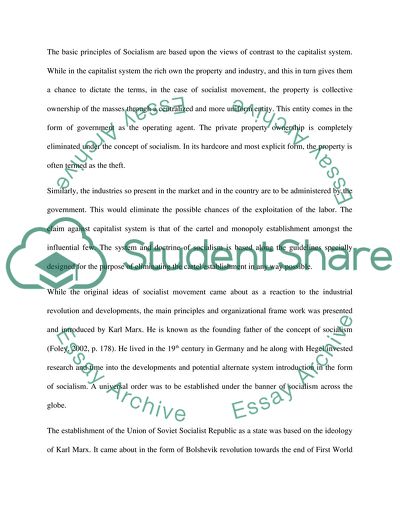Cite this document
(The Concept of the Industrial Revolution and Manufacturing Environment Essay Example | Topics and Well Written Essays - 2250 words - 1, n.d.)
The Concept of the Industrial Revolution and Manufacturing Environment Essay Example | Topics and Well Written Essays - 2250 words - 1. https://studentshare.org/history/1817979-final-exam-essay
The Concept of the Industrial Revolution and Manufacturing Environment Essay Example | Topics and Well Written Essays - 2250 words - 1. https://studentshare.org/history/1817979-final-exam-essay
(The Concept of the Industrial Revolution and Manufacturing Environment Essay Example | Topics and Well Written Essays - 2250 Words - 1)
The Concept of the Industrial Revolution and Manufacturing Environment Essay Example | Topics and Well Written Essays - 2250 Words - 1. https://studentshare.org/history/1817979-final-exam-essay.
The Concept of the Industrial Revolution and Manufacturing Environment Essay Example | Topics and Well Written Essays - 2250 Words - 1. https://studentshare.org/history/1817979-final-exam-essay.
“The Concept of the Industrial Revolution and Manufacturing Environment Essay Example | Topics and Well Written Essays - 2250 Words - 1”. https://studentshare.org/history/1817979-final-exam-essay.


